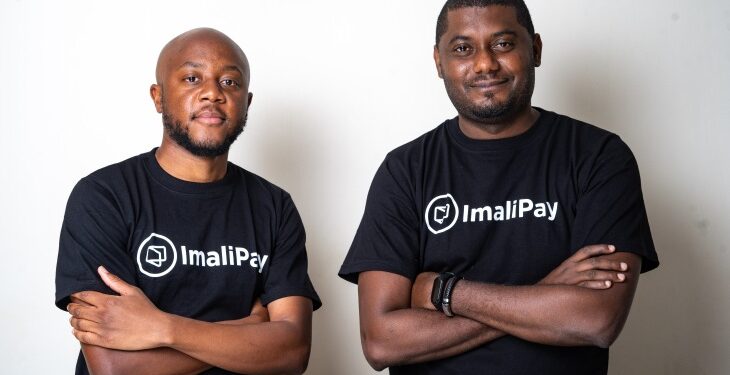ImaliPay, a platform offering digital financial services to gig workers, freelancers and workers for on demand companies has announced a $3 million seed in debt and equity round. This comes off the back of an $800,000 pre-seed round in 2020.
This fund will be deployed to explore new markets in Egypt and Ghana. Other proceeds from this investment will be driven at deepening ImaliPay’s ties in existing markets- Kenya, Nigeria and South Africa.The platform will also use this raise to grow its team and tech capabilities to deliver best in class products and services.
Featured in the round were Ten 13, Uncovered Fund, MyAsia VC, Jedar Capital, Logos Ventures, Plug N Play Ventures, Untapped Global, Latam Ventures, Cliff Angels, Chandaria Capital and Changecom as well as Angel investors like Keisuke Honda of KSK Angels and others from Serbia, Kenya and Norway and Google Black founder fund.
ImaliPay was co-founded by Tatenda Furusa and Oluwasanmi Akinmusire in 2020 to ensure financial inclusion for contractors and temporary employees.
ImaliPay is a digital financial platform that leverages AI to offer tailored financial products that promote the inclusion of the neglected gig economy platforms and workers across Africa.
The startup is building an ecosystem where African gig workers may create a safety net around their work through easy savings and transparent in-kind financing that drives their productivity and economic empowerment.
“We saw that we were perfectly placed on building fintech solving the problems of Africa’s gig economy workers, freelancers and self-employed digital workers,” Tatenda Farusa commented.
“We built out other services around spare parts, smartphones, power banks, savings and investments, and insurance bundled with those products. Like accident covers and income protection loss insurance, we intertwine these products so gig workers can qualify for each product based upon their transactional behaviour,” he said.
ImaliPay partners with platforms including Bolt, Glovo, SWVL, Amitruck, Safeboda, Gokada and several others to help vendors dealing in spare parts, mobile phones and other items gig workers need to operate. The platform is also in league with financial institutions to provide additional financial services such as insurance and savings in Kenya and South Africa.
ImaliPay claims its user base has grown 60× in 15 months of operation. These gig workers, who the company said are in the “tens of thousands,” access its services across 4,500 vendor points. Over 200,000 transactions have been carried out on ImaliPay’s platform.

































